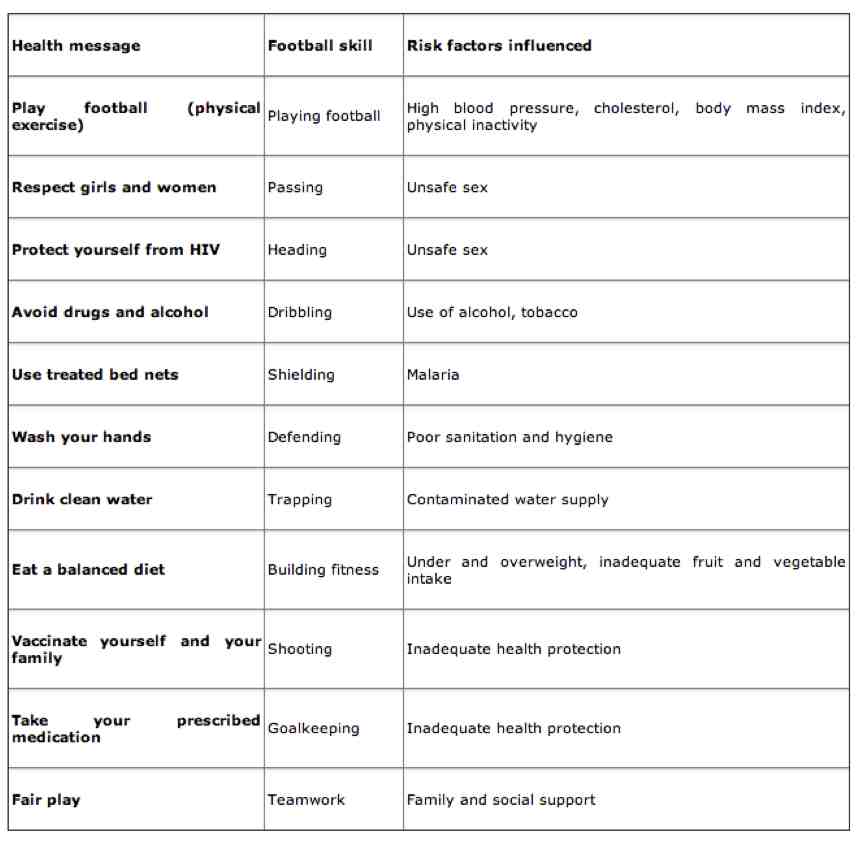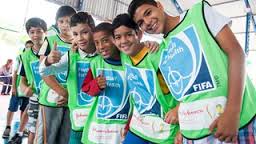June 30 – FIFA’s ’11 for Health’ initiative has been using the tournament to spread its messages throughout Brazil. A closing ceremony was held at the Arena Amazonia in Manaus to mark the climax of a thirteen-week long schedule of events that involved children from the surrounding area, engaging them with the lure of football to learn about health.
’11 for Health’ was launched at the 2010 FIFA World Cup to inform children of 11 key aspects of disease protection through the medium of football. The project has linked up with various national governments and football associations, starting in Africa and moving across to the Americas, in order to enhance well-being for youths. FIFA’s Medical and Assessment and Research Center have been collaborating with Grassroots Soccer to impart the life-enhancing advice.
’11 for Health’ first arrived in Brazil in August, 2013, with a pilot scheme that was to prepare what would roll out at the world cup. Here they paired specific footballing skills, ‘Play Football’, with education on how to develop specific healthy habits, ‘Play Fair’, in two 45-minute halves.
For example, a dribbling topic is used in conjunction with teaching about the avoidance of drugs and alcohol, whilst defending is used to deliver messages about sanitation and hygiene. See the full list of pairings below.
FIFA’s Chief Medical Officer, Professor Jiri Dvorak, said that the world cup has provided the perfect platform to catalyze the initiative. “We’ve seen something very meaningful here, something that could change the lives of these children and their families by encouraging them to adopt healthier habits very pleased with the investment it has made and with all the support it has had from everyone here in Manaus. And let me make it very clear that this is not the end. It is only the beginning.”
Dvorak is aiming to make Brazil the programme’s “biggest legacy and take it out to 45,00 Brazilian schools by 2018.” So far the programme has reached 121 schools in Brazil’s 12 host cities.
And on top of teaching children how to be healthy, the programme has experienced improved results in the classroom too. One local school headmistress said: “We’re now seeing results thanks to the help we’re getting. They have fun, they’re motivated and they’re becoming more aware. We’re seeing better and better schooling results.”
The programme has worked with city councils, state governments and schools, which has in turn meant that children who were previously in the street now have access to education.

Contact the writer of this story at moc.l1741306070labto1741306070ofdlr1741306070owedi1741306070sni@n1741306070osloh1741306070cin.n1741306070eb1741306070

